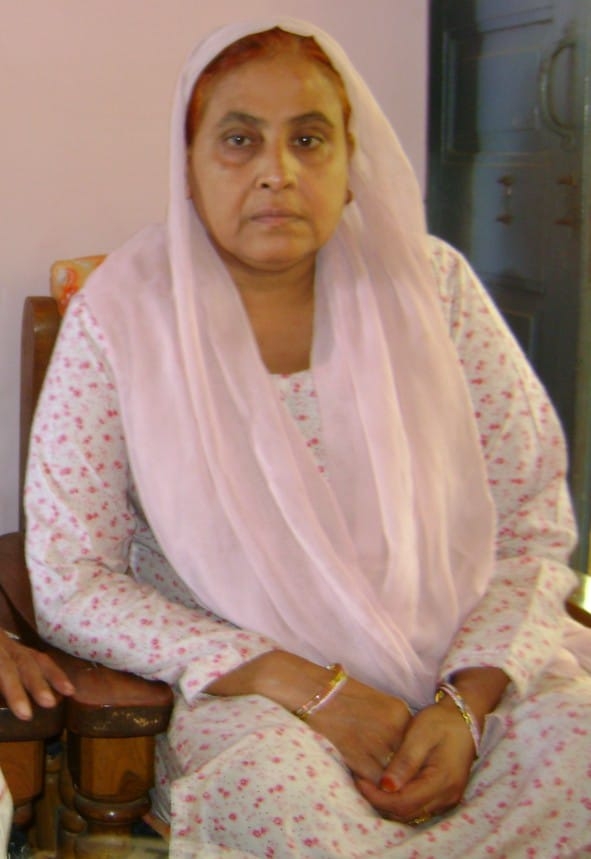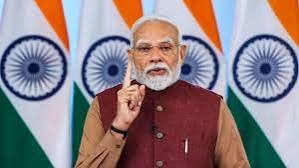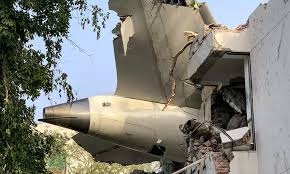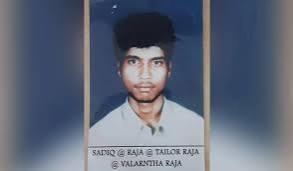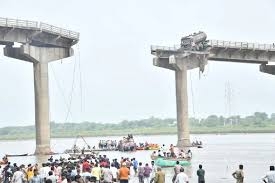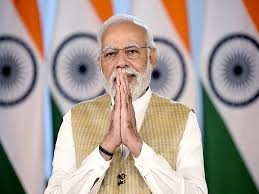“Everything has been said before, but since nobody listens we have to keep going back and beginning all over again.”
By Anup Dutta
“Everything has been said before, but since nobody listens we have to keep going back and beginning all over again.” Andre Gide- French author.
Bhopal: The hills of Bhopal, landscapes, faces and lakes were not familiar to Sajida Bano, a native of Kanpur when she reached Bhopal in late eighties. What touched upon a less-emphasised yet significant aspect about her arrival to Bhopal was the commonality between Kanpur and Bhopal. Residents of both the cities enjoy a different calmness and respect for each other, both cities are well connected by road and railway tracks and economies of both the cities are witnessing growth.
The above factors were enough for Sajida to become daughter-in-law of Khan family living in Fatehgarh locality of the State capital. Finally, in an auspicious day, a Maulvi solemnised a nikah. And Sajida became wife of Ashraf Khan, an employee (in 80’s working with Union Carbide drew a noticeable attention in the society because of the high-salary and other related benefits) of Union Carbide Limited, Bhopal.
However, Ashraf was happy with money but not with the working conditions.
Begum, there are so many poisonous gasses around us that if they escape from the tanks, I will die on the spot and even won’t get a chance to close my lips and wink my eyes, Ashraf has told many times to Sajida.
Often, he used to tell Sajida that he no longer feel like working in the Carbide karkhana (factory) and is a competent worker who would be able to get a similar work in Gulf countries.
According to Sajida Bano, Ashraf was outraged and curious about the war like situation inside the now defunct Union Carbide India Limited, Bhopal plant whom I first met in June 2010. In the current time line, both Sajida and Ashraf are no longer with us to corroborate the claim made by them, but later words proved to be correct on the night of 21 December, 1981.
It was a usual Monday on December 21, 1981 when Ashraf left his parental home in Fatehgarh locality to resume his work at the Carbide Bhopal plant established in 1969 whose production facility were added in 1979 according to reports. However, on duty Ashraf got exposed to gases and was immediately rushed to Gandhi Medical College & Hamidia Hospital (biggest Government hospital), nearly 3 kms from the plant.
Here, he was admitted at the intensive care unit of the hospital. Sajida was informed about the incident next morning.
“On 21st December night my husband was at Union Carbide- he was on night duty. The next morning, around the time he was to return from work, someone came and informed me that my husband was exposed to some gas and was hospitalised; that he would return home after eight hours or so when he is discharged. But after two days and nights in the hospital he died. My husband often used to tell me about the presence of many poisonous gases at his work place. ‘If you are exposed, you can die instantly’, he repeatedly said. He would also say: ‘Pray for me while I am at work,.”
Sajida, a gas victim is seen saying this in a video documentary titled ‘The Betrayal of Bhopal’, conducted by World-In-Action programme, Granada Television, UK in June 1985. Later, a transcript of the documentary based on the confidential Union Carbide documents and former employees was published by the Delhi Science Forum.
Ashraf’s death drew special attention and was widely reported.
Eleven months after the incident, the incident found an official mention in Madhya Pradesh Assembly. During the December 13 - December 22, 1982 Assembly session the Madhya Pradesh Assembly took a special note of the incident.
A fatal accident had taken place in 1981, the then Labour Minister Tara Singh Viyogi told the House.
No incident of damaged body parts has been reported and the Government under the Factory Act has passed necessary instructions to the Union Carbide India Limited Bhopal to apply necessary safety measures. That was Viyogi’s reply which had come in response to Nirbhay Singh Patel’s (BJP) starred question.
The New York Times published an article titled ‘Disaster in Bhopal: Where does blame lie?’ in it’s Jan 31, 1985 edition. The news report written by Robert Reinfold gave an account of the two reports on the incident that diligently contradicted with each other.
The passing away of Ashraf prompted Sajida to walk away from the house of her in-laws. With a compensation of Rs 50,000 given by the Carbide management, Sajida moved to another compact locality in Bhopal.
Once out from the trapped atmosphere and house of in-laws, Sajida begin looking for the ways to get the post mortem report of her husband. As luck would have it, her plea and applications went through process, passed through hands of several authorities, however, somehow the system was unable to generate the autopsy report of Ashraf Khan.
The harsh reality is that Sajida was unable to take help of RTI Act 2005. The RTI Act 2005 is seen as a big step towards making the citizens informed about the activities of the Government. The preamble of RTI Act 2005 says that it is an act to provide for setting out the practical regime of right to information for citizens to secure access to information under the control of public authorities, in order to promote transparency and accountability in the working of every public authority.
Rolling out the objectives of this act is to contain corruption by empowering people, promoting transparency and accountability in the Government working system and make our democracy work for people in real sense. Thus, it could be said that this act is the best remedy available for every Indian citizen the right to access public information under the control of authorities there by promoting transparency and accountability.
And additional dimension on the RTI Act 2005 appeared in an order issued by the Central Information Commission in 2011. The order passed by Shailesh Gandhi, information commissioner reads, “a postmortem report is a factual report based on forensic analysis of a dead body. It is impossible to argue that disclosing the postmortem report would impede the process of investigation since it is only a statement of facts. The investigations or subsequent prosecution have to be based on the facts as discovered during the postmortem. In view of this, the Commission does not accept the plea that a postmortem report is covered by Section 8(1) (h) of the RTI Act”.
Section 8(1)(h) of the RTI Act exempts “information which would impede the process of investigation or apprehension or prosecution of offender”.
Sajida, stopped chasing to get hold of the post mortem report of her husband and the father of two sons after the December 2-3, 1984 Bhopal gas tragedy. In one of the siting with me, Sajida raised a concern by saying that instead of denying the post mortem report, they [the administration] could have learnt a lesson from my Shouhar’s death many lives could have been saved when the deadly gases escaped from the Carbide factory on the intervening night of December 2-3, 1984 in Bhopal.
Anup Dutta is a fellow of Vikas Samvad Constitution Fellowship 2022.








